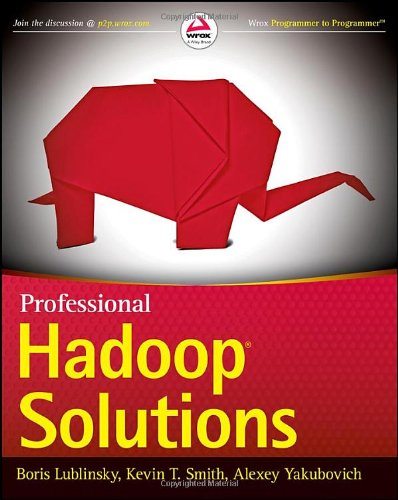Dear CTOvision readers. You know we love you and I hope it doesn’t seem like I’m pandering to you when I say you are the smart ones who will lead us all to a better/brighter future. I have always believed that and now I have some statistics that back this up.
The stats below are from a somewhat unscientific survey. The coupons website Vouchercloud.com published a study that showed 2,392 men and women a series of technical and non-technical terms and then were asked to pick from three possible definitions.
Here are some of the results of this survey:
- 11% believed that HTML is a sexually transmitted disease.
- 27% believed that a gigabyte is an insect in South America
- 23% thought that MP3 is a robot found in Star Wars
- 15% said that software is comfortable clothing
- 12% believe that USB is an acronym for a European country
- 18% believe that Blu-ray is a marine animal
- 42% thought that a motherboard is the deck of a cruise ship.
The good news is that 61% signaled that they believe having a good knowledge of today’s technology is important.
Do I believe this survey? Not really. The results are probably in part due to people giving flippant answers while trying to quickly click through a survey. But hey we technologists need to laugh too so I wanted to share it. And it is a good excuse for me to say something I really believe. CTOvision readers are smarter than most everyone else.
For more see: VoucherCloud Study
 CTOs and analysts of all stripes know that understanding the problem they are trying to solve should precede selecting analytical tools. Yet this is far more difficult than it seems, particularly as the variety of problems we come across multiply. One of the major stumbling blocks for analysis in particular is terminological fuzziness. We often (wrongly) treat terms like “uncertain,” “difficult,” and “complex” as interchangeable — when, as economist Scott Page points out, the differences between them are instructive. Page has a useful distinction between all of these that can help us match tool to problem. And by going through his schema, I hope to convince you that there may be more possible dimensions to analytics than tools fielded by current market leaders imply.
CTOs and analysts of all stripes know that understanding the problem they are trying to solve should precede selecting analytical tools. Yet this is far more difficult than it seems, particularly as the variety of problems we come across multiply. One of the major stumbling blocks for analysis in particular is terminological fuzziness. We often (wrongly) treat terms like “uncertain,” “difficult,” and “complex” as interchangeable — when, as economist Scott Page points out, the differences between them are instructive. Page has a useful distinction between all of these that can help us match tool to problem. And by going through his schema, I hope to convince you that there may be more possible dimensions to analytics than tools fielded by current market leaders imply.